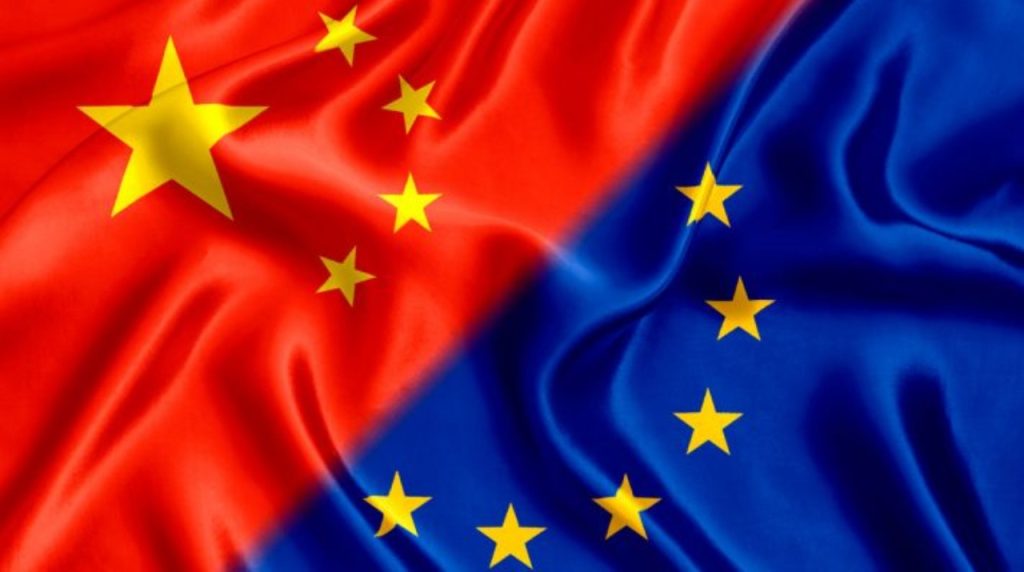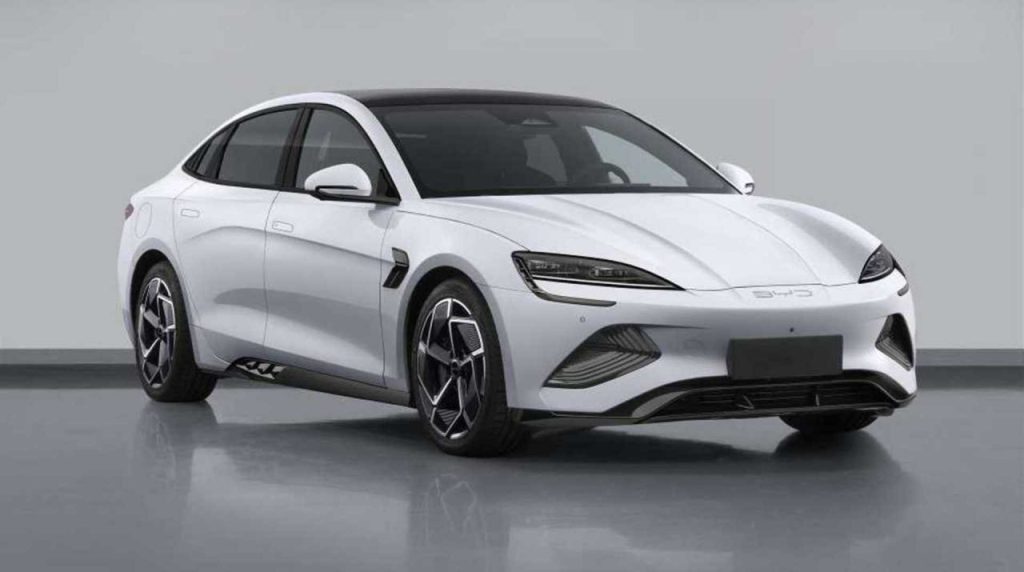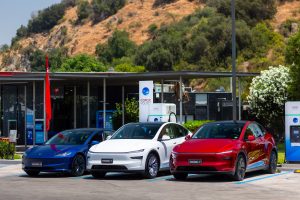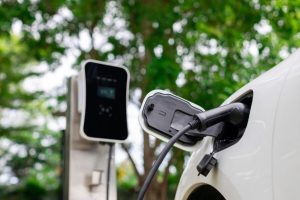
European Union Rejects Offer from Chinese Electric Vehicle Manufacturers

Negotiations between Brussels and Beijing on the dispute over electric vehicles have entered the home stretch ahead of a decisive vote.
The European Commission formally rejected an offer submitted by Chinese electric vehicle (EV) manufacturers to narrow the price gap that separates them from their EU competitors, a wide gap that Brussels says is a direct result of the hefty subsidies injected by Beijing into this lucrative sector.
“I can confirm that the Commission has thoroughly reviewed these bids on the basis of World Trade Organization and EU anti-subsidy rules,” a Commission spokesman said in remarks reviewed by Euronews.
You may also read: China Takes Steps to Lower Tensions with the EU over Electric Vehicles
“Our review focused on whether these offers would eliminate the injurious effects of subsidies identified in our investigations and whether these price undertakings could be effectively monitored and enforced.” The Commission has concluded that none of the offers met these requirements.”

The Commission Proposed Additional Duties
At the end of a months-long investigation, the Commission found that public money was spread throughout the supply chain of the Chinese electric vehicle sector, putting European companies at risk of unsustainable economic losses.
As a result, the Executive proposed additional duties, ranging from 7.8% to 35.3%, depending on the brand and its level of cooperation with the investigation, on top of the current 10% rate.
The aim is to ensure fairer competition and reduce the price differential between EU and Chinese manufacturers.
BYD, Geely and SAIC are among those facing higher tariffs. The price undertakings they submitted were intended to assuage the Commission’s concerns and avoid action.
The rejection of the offer indicates how entrenched and extensive subsidization is within China and suggests that the solution, if there is one, will be found at the political level.





